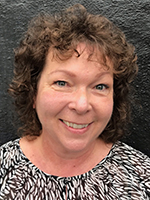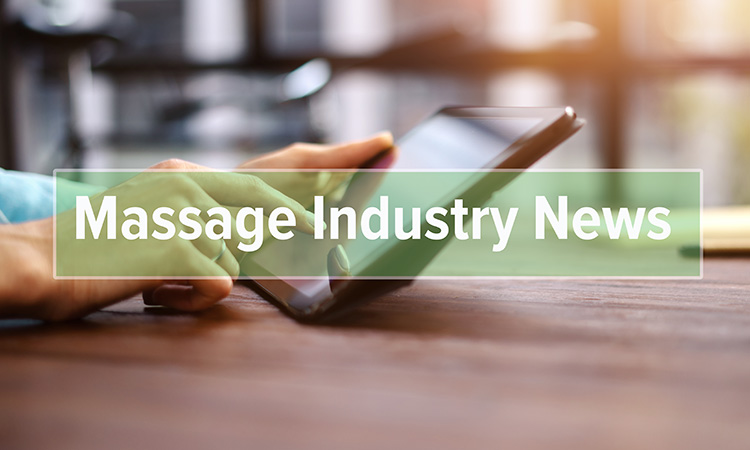Massage therapist Davonna Willis, LMT, ATC, created and is co-coordinating (with Massage Banquets promoter Ashley Urquhart) the first Black Massage Therapist Conference, taking place Oct. 14 in Charlotte, North Carolina. The conference will feature classes in technique and business, keynote speakers, and a banquet with dinner and dancing.
Willis graduated from The Swedish Institute and became a massage therapist in 2003. She owns Blue Skyes Massage & Wellness Center, as well as 4Nineteen Education & Training, through which she provides business coaching and CE classes. She also administers a Facebook group for Black massage therapists, Our Secret: The Black Massage Therapist Connection.
Willis spoke with MASSAGE Magazine’s editor in chief, Karen Menehan, about the need for spaces dedicated to Black people in the massage industry. (This interview has been edited lightly for flow and length.)
Karen Menehan: Why is there a need for a conference just for Black massage therapists?

Davonna Willis: One need is to have a voice. A lot of Black massage therapists feel like they don’t have a voice in the industry—and there aren’t that many of us, only 8.8{6b2fa08d5993bc7e76ffaca7a3a295e96a3274ffb0576a302ceddffe26335ebd} nationally. A lot of students that are currently in school are usually the one, the only, Black student throughout the entire program. You just feel like you’re by yourself. You don’t have a voice. There’s still racism out there.
KM: Will you tell us more about that? How has being Black informed your experience as a massage therapist?
DW: For a long time in my own business, it took me a while to put my face on my website, because I was the only [Black massage therapist] in my city of Gilbert, Arizona. People would come in and they would see a Black face—the look of shock, right? It’s like, “Oh,” and [look] taken aback, and then you could tell it took them a minute to collect themselves after I’d greeted them.
And then, when you are working on white bodies it just feels like this whole unequal balance—and no one else can really understand that. There’s been a rise of Black individuals looking for Black massage therapists, yet it seems [there is a belief that] you need to be rich in order to receive a massage. And so, I am educating the Black community on that level, saying, “No, it’s not just for the rich, it’s for you, for your health and wellness.”
KM: At what point did you think it would be valuable to provide a social-media forum for Black massage therapists?
DW: In 2020, during the whole social unrest and the [murder of] George Floyd, I just felt a certain way. I looked all over Facebook to see if there were any Black Facebook groups for massage therapists, and I didn’t see any. I spoke with my family, asking them “Do you think I should put one together?” They’re like, “Yeah, this is what God’s putting on your heart, do it.”
That was June 2020. Now we have over 860 therapists worldwide. [In addition to U.S. therapists], we have some people in the Caribbean, some people in Canada, and even Africa. It’s definitely building momentum.
KM: Have you, personally, done any outreach into the Black community?
DW: I’m going into inner city in Phoenix and I’m going to be talking to predominantly Hispanic and Black high-schoolers to introduce them to the space of massage therapy and sports medicine. If we have more [Black individuals] enter into the industry, we can have more growth.

About the Author
Karen Menehan is MASSAGE Magazine’s editor in chief–print and digital. Her articles for this publication include “This is How Diversity, Equity & Inclusion Practices Make Business Better,” one of the articles in the August 2021 issue of MASSAGE Magazine, a first-place winner of the national 2022 Folio Eddies Award for editorial excellence.
